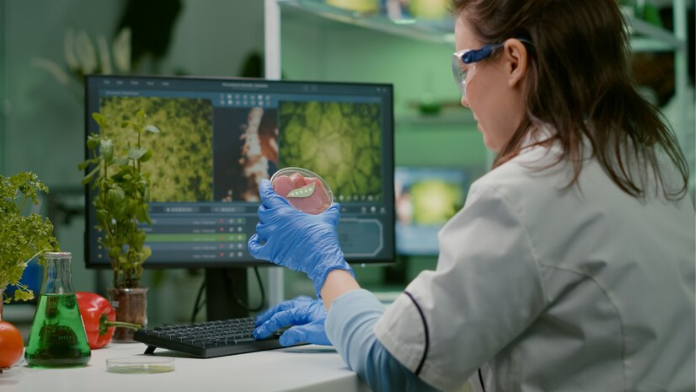UCL researchers have developed a potential breakthrough gene therapy for childhood epilepsy, proving effective in reducing seizures in mice. Published in Brain, the study aimed to offer an alternative to surgery for children dealing with focal cortical dysplasia, a severe form of drug-resistant epilepsy.
Focal cortical dysplasia results from abnormal brain development, a primary cause of epilepsy that often leads to drug resistance in children. Surgery, the common approach, carries risks of permanent neurological damage and doesn’t guarantee freedom from seizures, particularly in frontal lobe cases impacting cognitive functions.
To address this, the UCL Queen Square Institute of Neurology explored a gene therapy centered on overexpressing a potassium channel, regulating neuronal excitability, in a mouse model simulating focal cortical dysplasia. This overexpression, controlling potassium ions’ movement, effectively regulates cell activity, curbing seizures.
“This gene therapy presents a promising non-surgical avenue for patients with focal cortical dysplasia,” noted Gabriele Lignani, Co-Corresponding Author and Professor at UCL Queen Square Institute of Neurology. While gene therapies have shown success in certain epilepsy types, this study is a pioneering attempt at treating focal cortical dysplasia. The researchers introduced an engineered potassium channel gene, EKC, into the affected frontal lobe using a non-replicating virus for enhanced safety.
Monitoring the mice’s brain activity pre and post-treatment, the team injected the virus carrying the EKC gene. The gene therapy exhibited an impressive 87% reduction in seizures without impairing memory or behaviour in the mice, demonstrating its potential efficacy.
Lead author Dr. Vincent Magloire stated, “The success in mice suggests a promising avenue for translation into clinical practice, potentially benefiting thousands of children suffering from uncontrollable seizures.” Professor Dimitri Kullmann, Co-Corresponding Author, highlighted plans for a human clinical trial within the next five years, expressing optimism about the therapy’s impact on unmet medical needs.
Funding from various institutions including Great Ormond Street Hospital Children’s Charity (GOSH Charity), Medical Research Council, Epilepsy Research Institute UK, and Wellcome supported this groundbreaking research.



